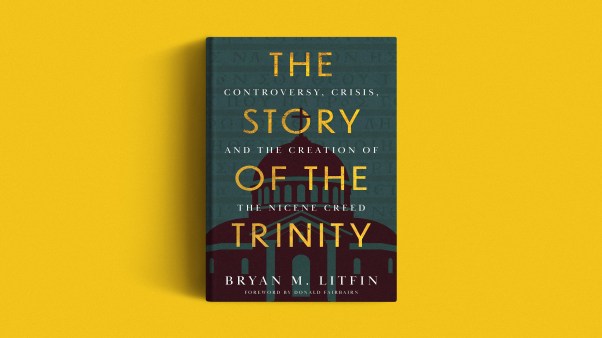In the days just prior to Super Tuesday, the Robertson campaign was bogged down by a series of controversial statements by the former television evangelist, and by accusations from a variety of quarters. Below is a summary of some of those issues and the campaign responses as given by Robertson spokesman Scott Hatch:
Campaign Finances
The issue: The Internal Revenue Service is reportedly investigating the financial relationship between the nonprofit, Robertson-founded Freedom Council and Robertson’s presidential effort. Christian columnist Michael McManus charges that the tax-exempt Christian Broadcasting Network contributed $8.4 million to the Freedom Council, which he says illegally used the money to start up Robertson’s presidential campaign.
The response: “The Robertson campaign has received no money from either the Christian Broadcasting Network or the Freedom Council and in no way has obstructed laws established by the Federal Election Commission. It is obvious in reading McManus’s charges that he has an ‘axe to grind.’ If his claims are more than pure opinion and conjecture, we challenge him to provide the proof to the American people.”
Dirty Politics
The issue: The campaign of U.S. Rep. Jack Kemp accused the Robertson campaign of “dirty tricks” after a flier on the candidates’ records incorrectly said that Kemp was propornography. The flier, which was distributed in Iowa and other key primary states, has been traced to a Robertson campaign official in Illinois. Another Robertson campaign official told a group of pastors in Iowa that Kemp was a “womanizer and an adulterer.” (The official later apologized for the manner in which he made the remarks.)
The response: “I can only speak to the former, because I am not aware of the latter. No correspondence concerning the falsified voting record of Representative Kemp was ever planned or carried out by the national staff of Americans for Robertson. Having had numerous similar ‘dirty tricks’ pulled against our campaign, we regret this type of behavior in a presidential election.”
Missiles In Cuba
The issue: In New Hampshire, Robertson said he had been told there were Soviet missiles in place in Cuba. Both the Reagan administration and Cuban leader Fidel Castro denied this.
The response: “Robertson’s desirewas to encourage the American Congress, in its upcoming discussions on the INF treaty, to attach an amendment to ensure on-site inspection of the 1962 Soviet missile bases. There has been ample testimony and what we feel is reasonable doubt raised over this issue. Robertson only wanted to make sure the missiles were not there.”
Knowledge Of Hostages
The issue: On a radio broadcast in Georgia, Robertson said his CBN News team knew the whereabouts of hostages in Lebanon, something the Reagan administration denied having knowledge of.
The response: “In June 1985, CBN News was the first to confirm that the hostages on TWA 847 were in the city limits of Beruit. This information was new, and at the time, appropriate. The information was broadcast nationally on “The 700 Club” and verbally to a state department official. If we had known the exact location—the exact address—we would have certainly informed the administration. But our information was of a general knowledge, which was new information at that time.”
Libel Suit
The issue: Former U.S. Rep. Paul (Pete) McCloskey charged Robertson with lying about his combat duty in the Korean War. Robertson filed a libel suit against McCloskey, who maintains that Robertson’s father, a U.S. senator, used political connections to exempt his son from combat duty. Robertson dropped the suit just days before it was scheduled to go to trial on Super Tuesday. He also agreed to pay McCloskey’s court costs.
The response: “Pat Robertson was given no choice but to drop his case because of the trial date schedule. His attorneys felt scheduling his hearing on the most important date of the 1988 electoral season was grossly unfair. Robertson felt his number-one priority was to represent the millions of Americans who expressed their support for him. He then challenged McCloskey to allow the case to be handled through arbitration—a challenge Representative McCloskey refused.”










